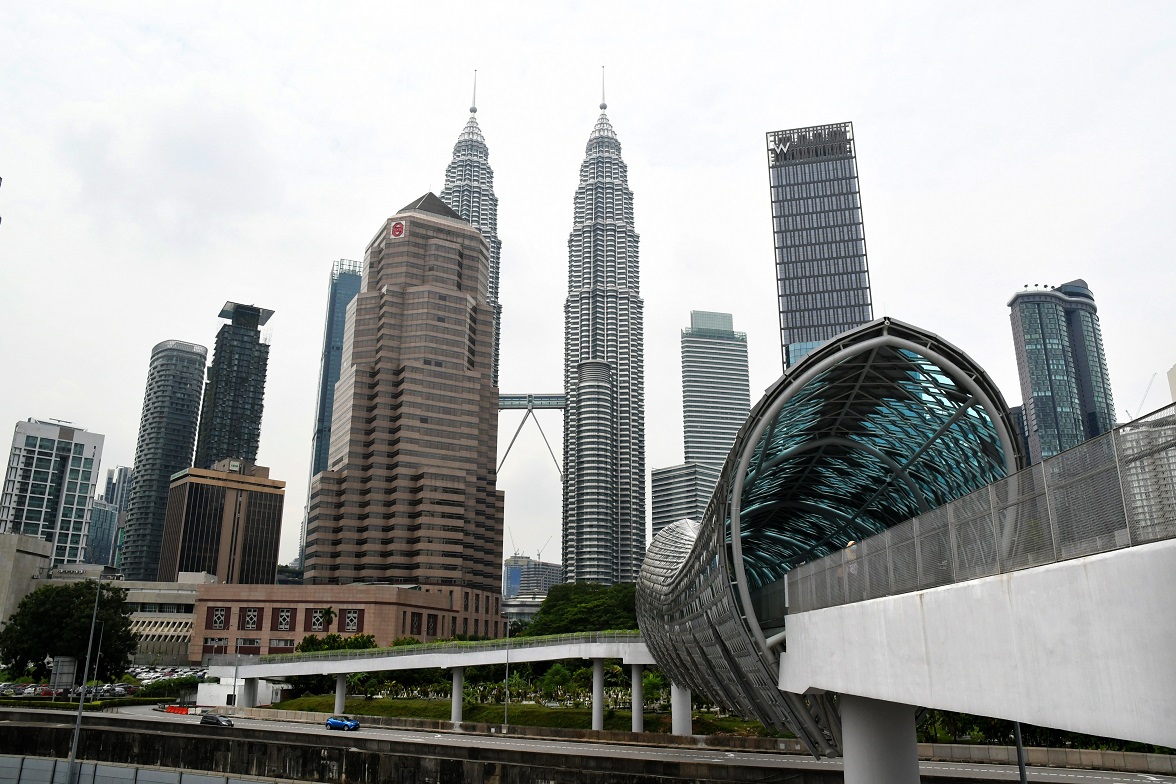
KUALA LUMPUR (Nov 10): The recently announced one-off Cukai Makmur (Prosperity Tax) should be imposed not according to the size of organisations but based on the incremental profits over the last two years, said Deloitte Asia Pacific Tax Partner, Mark Chan.
"If we impose the tax based on the RM100 million chargeable income, we are really just taxing based on size and not performance.
"The spirit of the tax (Prosperity Tax) is supposed to look at companies that have performed exceptionally well," Chan said during discussion at virtual Invest Malaysia 2021 on Wednesday (Nov 10).
In Budget 2022, which was tabled on Oct 29, the government introduced the Prosperity Tax on companies (other than micro, small and medium enterprises) that have generated high income during the Covid-19 period, effective year of assessment 2022.
Finance Minister Tengku Datuk Seri Zafrul Abdul Aziz said Cukai Makmur would only be applicable to super profitable companies with chargeable income of above RM100 million for the tax assessment year of 2022.
Chargeable income above RM100 million will be taxed at 33%, while a 24% tax rate applies to chargeable income of up to RM100 million.
Meanwhile, Chan also shared that Malaysia as a country does not have a concept of group taxation and he pointed out that the determination of the RM100 million in the Prosperity Tax will be on an individual company basis.
"Technically, if you look at breaking up the operations into multiple subsidiaries, you could mitigate the impact (Prosperity Tax) but I'm not sure if that is realistic in the short term because this Prosperity Tax is only for one year.
"If that is the part of the larger plan to streamline the business, then it makes sense to bring forward the plan to the timeline, but if it's driven purely by tax, I wouldn't do that. It is aggressive tax planning," he elaborated.
Separately, Mark mooted the idea on the implementation of carbon tax, to which he believes is in line with the country's sustainability goals.
"I acknowledge that carbon tax is a lot more complicated than the Prosperity Tax, but in the longer term, maybe that is something we should look at.
"We can no longer afford to look at sustainability, environmental agenda as a piecemeal basis.
"As a country, we must have a tax system that is holistic and we should start to look at how to gear our economy towards that (sustainability efforts) and how the government can support it either through tax incentives or in other forms of legislation," Chan highlighted.
Get the latest news @ www.EdgeProp.my
Subscribe to our Telegram channel for the latest stories and updates





